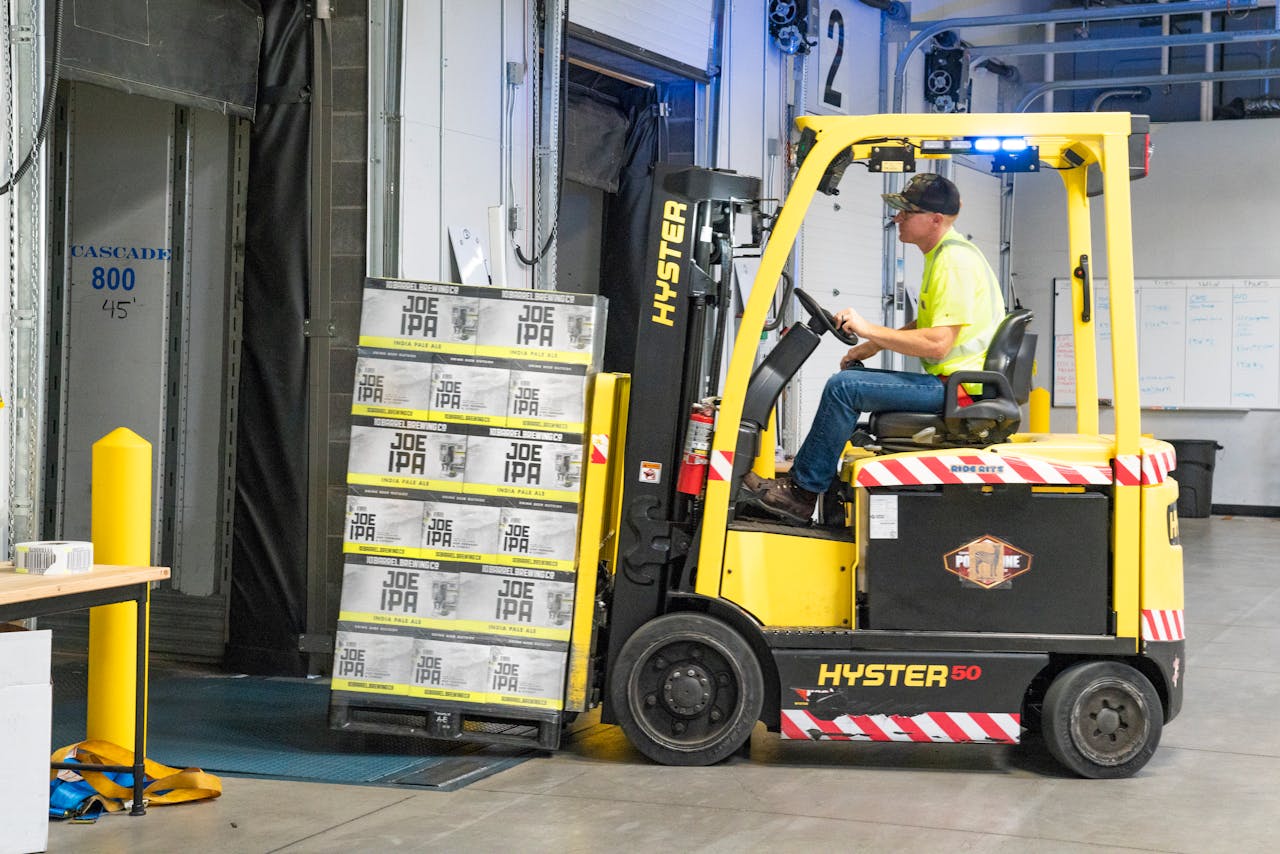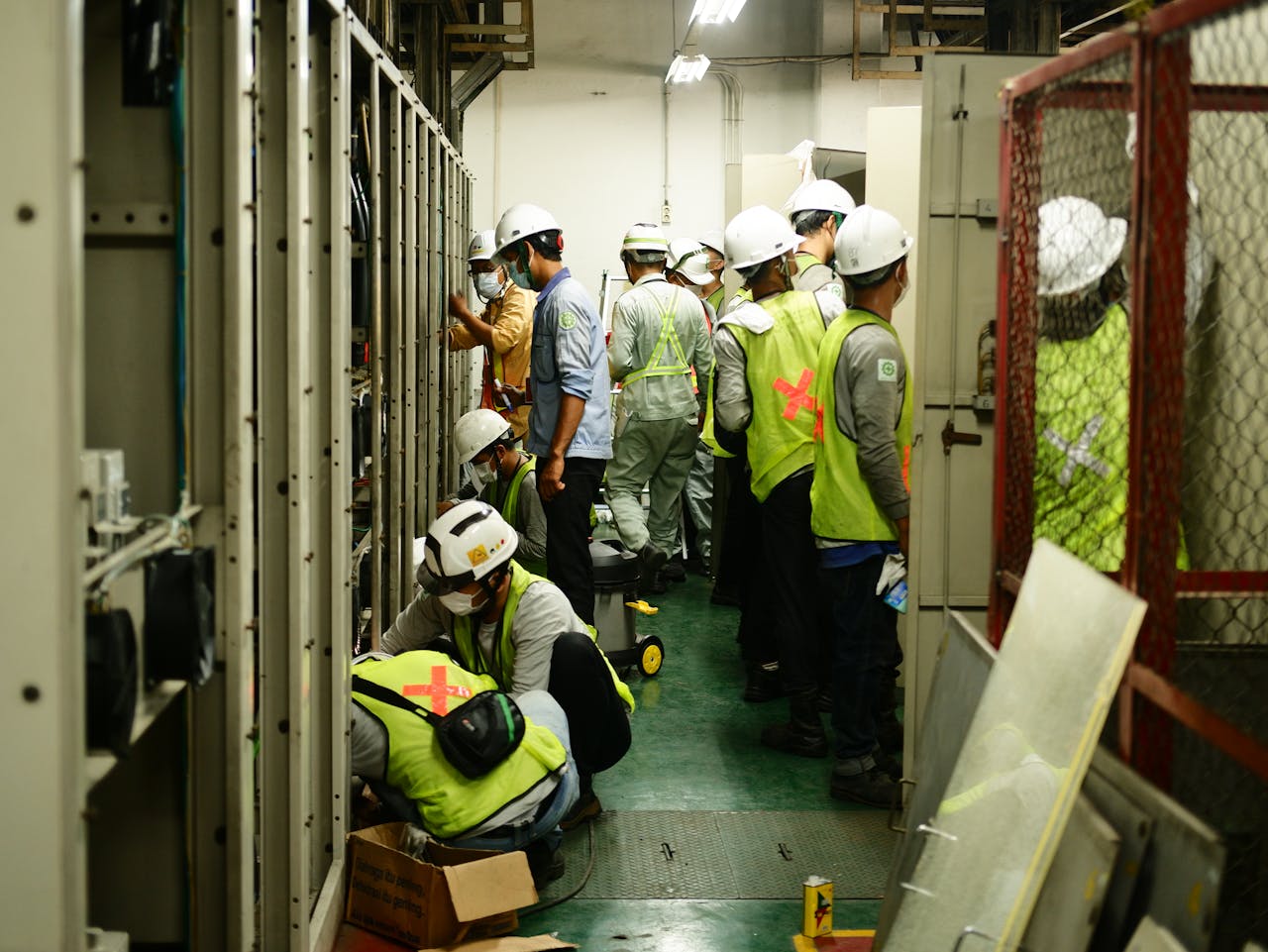My love for family businesses has meant that I never have to work, I simply live my passion for the complexity that each company challenges me to, each one of them so unique, so special. So I thought I would share a compendium of elements that must be considered when working with family businesses, from the heart and the mind.
A – Family harmony | Family harmony is essential in family businesses. It refers to cohesion, understanding and cooperation between family members, which contributes to the long-term success of the business.
B – Benefits of family businesses | Benefits include the ability to make long-term decisions, loyalty and commitment of family employees, and the ability to maintain family culture and values in the business.
C – Efficient communication | Effective communication is essential to avoid misunderstandings and conflicts in family businesses. This includes openness in discussing problems and transparent decision-making.
D – Challenges in succession | Succession is a complicated process where a family member takes over the leadership of the business. It can be challenging due to expectations, rivalries and generational differences.
E – Long-term success | Family businesses have the advantage of thinking long-term, which can lead to sustainable success if managed properly.
F – Strengths and weaknesses | Family businesses often have strengths, such as trust and commitment, but also weaknesses, such as lack of professionalism or family conflicts.
G – Family governance | Involves the creation of structures and processes for decision-making within the family and the business, such as family meetings or family councils.
H – Family History | Family history and legacy can be a valuable asset in a family business and should be respected and passed on to future generations.
I – Innovation in family businesses | Innovation is essential for the adaptation and growth of family businesses over time.
J – Boards of Directors | Boards of directors in family businesses may include family members and outside professionals to provide independent guidance and oversight.
K – KPIs (Key Performance Indicators) | Setting KPIs helps measure company performance and ensures effective management.
L – Leadership in family businesses | Leadership must balance family and business interests, and can be exercised by family members or non-family members.
M – Business model | A family business’s business model must be robust and adaptable to changing market conditions.
N – Family norms and values | Establishing family norms and values helps guide the behavior of family members in the company and in everyday life.
O – Customer Orientation | Family businesses must maintain a strong focus on meeting customer needs to be successful.
P – Succession Planning | Careful succession planning ensures a smooth transition of company management to the next generation.
Q – Bankruptcy and Recovery | Family businesses can face financial difficulties, and resilience is essential to overcome such challenges.
R – Corporate Social Responsibility | Family businesses often have a strong sense of responsibility towards their communities and engage in CSR activities.
S – Conflict Resolution | Effective management of family conflicts is crucial to avoid business disruption.
T – Tradition and change | Family businesses must balance the preservation of tradition with adaptation to new trends and technologies.
U – Family Unity | Unity and mutual support are essential to the long-term success of a family business.
V – Vision and mission | A clear vision and a defined mission help guide the company’s strategy and growth.
W – Willingness to Change | Willingness to adapt to new circumstances and embrace change is crucial to a company’s survival.
X – X-Factors (Key Success Factors) | Factors that contribute to success can vary by company, but often include effective leadership, innovation, and adaptability.
Y – Innovation Reservoirs | Identifying and leveraging new opportunities and ideas is important for continued growth.
Z – Comfort zone | Getting out of the comfort zone is necessary for development and innovation in a family business.
Interesting, isn’t it? Family businesses are undoubtedly the most interesting thing a consultant can experience.
Author: Smart Consulting.





